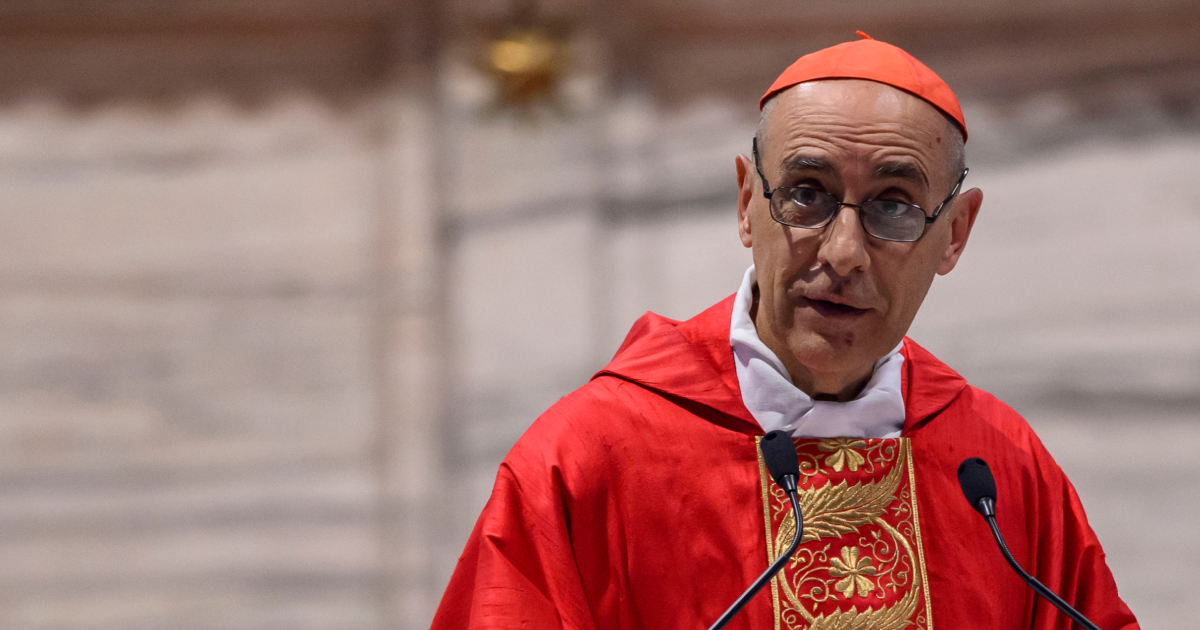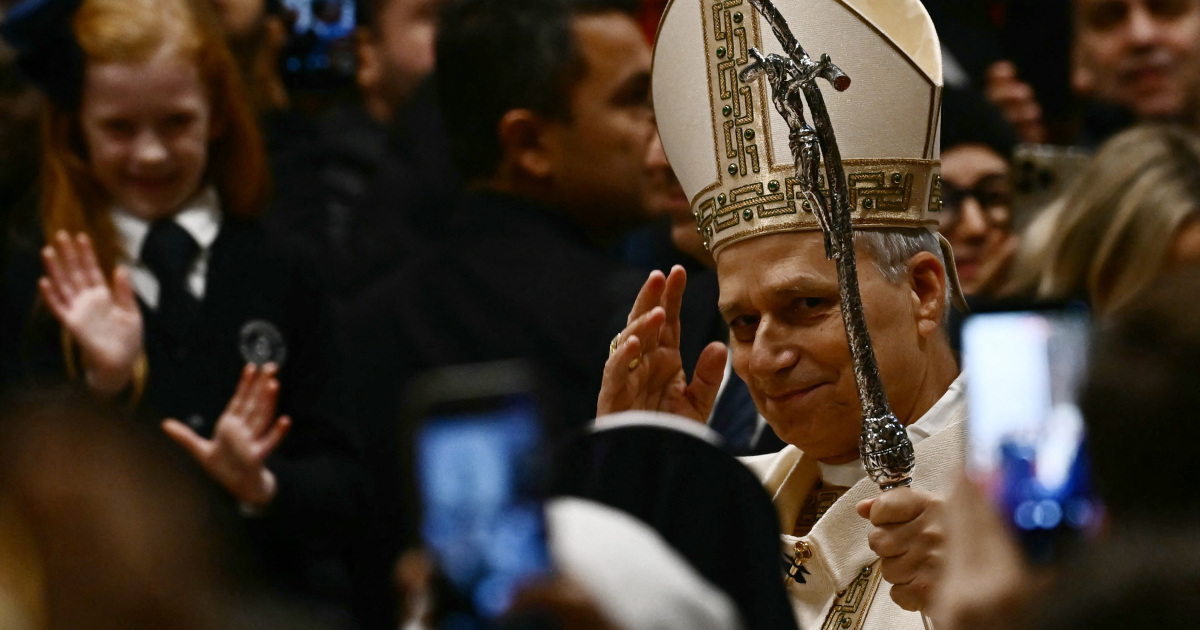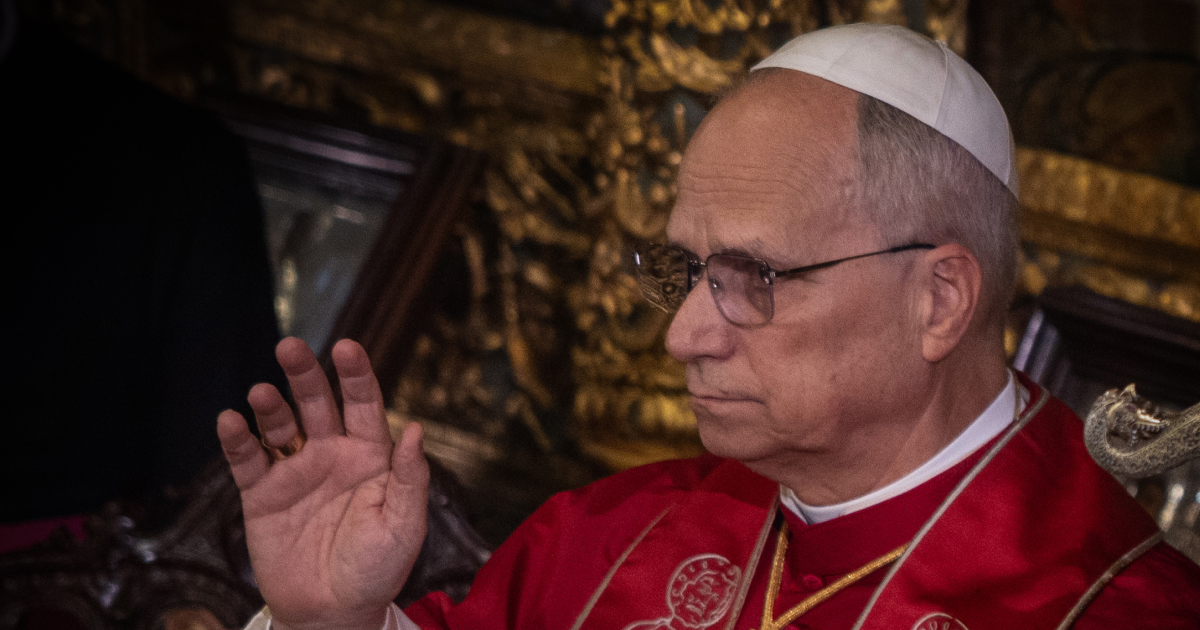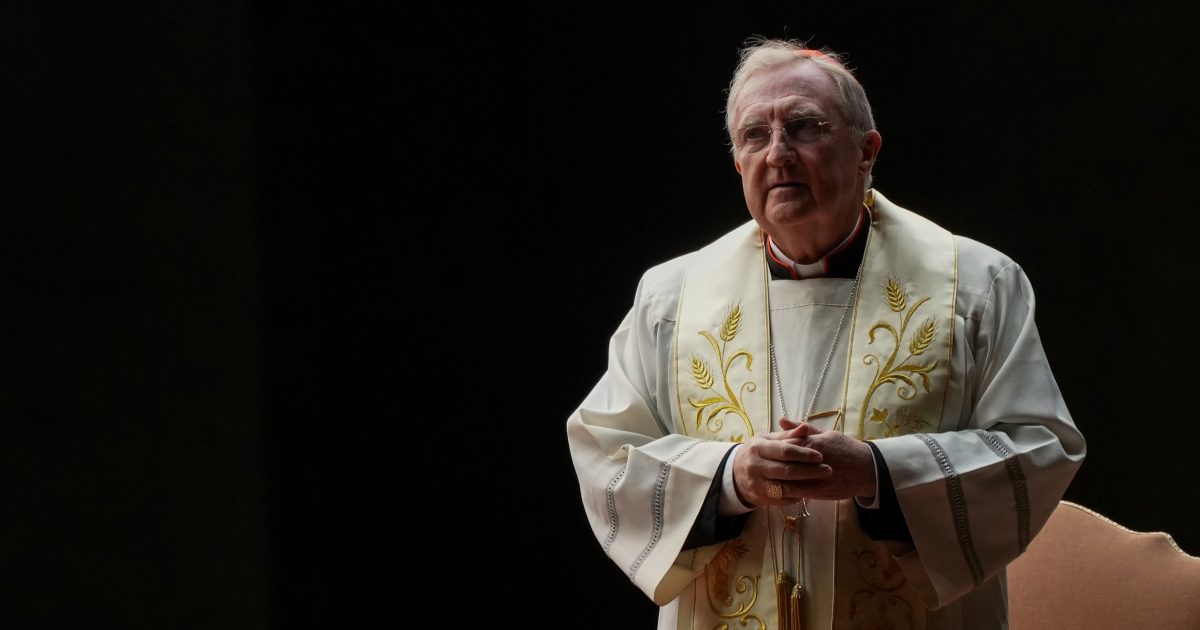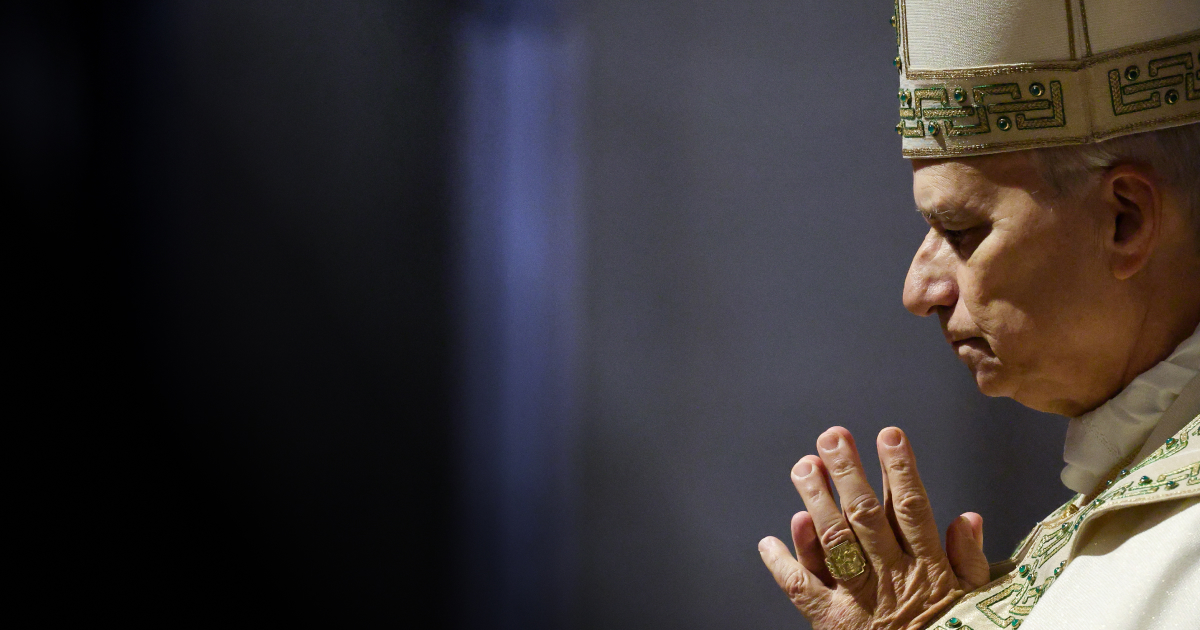The Vatican has reached a compromise in the case of two employees of the Institute for the Works of Religion (IOR) who were dismissed after marrying each other.
According to Il Messaggero, the agreement ends months of internal tension within the Holy See following the introduction of new regulations forbidding marriages between colleagues at the Vatican Bank.
The couple, who wed in September 2024, were told that one of them must resign or both would be dismissed under rules introduced to ensure “transparency and impartiality” in the bank’s operations. They refused to comply, arguing that their marriage plans had been made public months before the regulation was enacted. Both were dismissed with effect from 1 October 2024.
The case provoked criticism within and beyond Vatican walls. The two employees launched a legal challenge, claiming the decision was unjust and contrary to the principles of family life upheld by the Church. A negotiated solution has now been reached, under which both will remain employed by the Vatican. One will return to the IOR, while the other will be assigned to a different institution of the Holy See.
The regulation at the centre of the dispute states that “the employment of spouses, relatives up to the fourth degree, and in-laws in the first and second degree… within the Institute is prohibited.” It also provides that the “celebration of a canonical marriage between an employee of the Institute and another employee… constitutes a cause for loss of employment requirements.” Unless one spouse resigns within 30 days, the regulation allows for “immediate termination” of both contracts.
The IOR’s decision drew anger among Vatican staff and Catholic trade unions. The ADLV, representing employees of the pontifical state, said that “the IOR’s act is not based on a real legal reason, but only on an internal regulation, moreover with retroactive effects, an aspect contrary to any principle of law.” The Catholic-inspired Acli union also criticised the handling of the case, noting that “internal regulations can always be reviewed” and that “cases should always be evaluated.”
Confintesa president Massimo Visconti wrote directly to Pope Francis, warning that such measures risked “alienating people from the Church” and urging the Pope to have the rule reconsidered “in light of the Gospel teachings and the centrality of the family.”
The Institute for the Works of Religion, founded in 1942 by Pope Pius XII to manage assets for religious and charitable purposes, serves clergy, religious orders, dioceses, and Vatican employees rather than the general public. The IOR has long been subject to reforms and periodic controversies surrounding transparency and governance, with successive popes tightening oversight.








